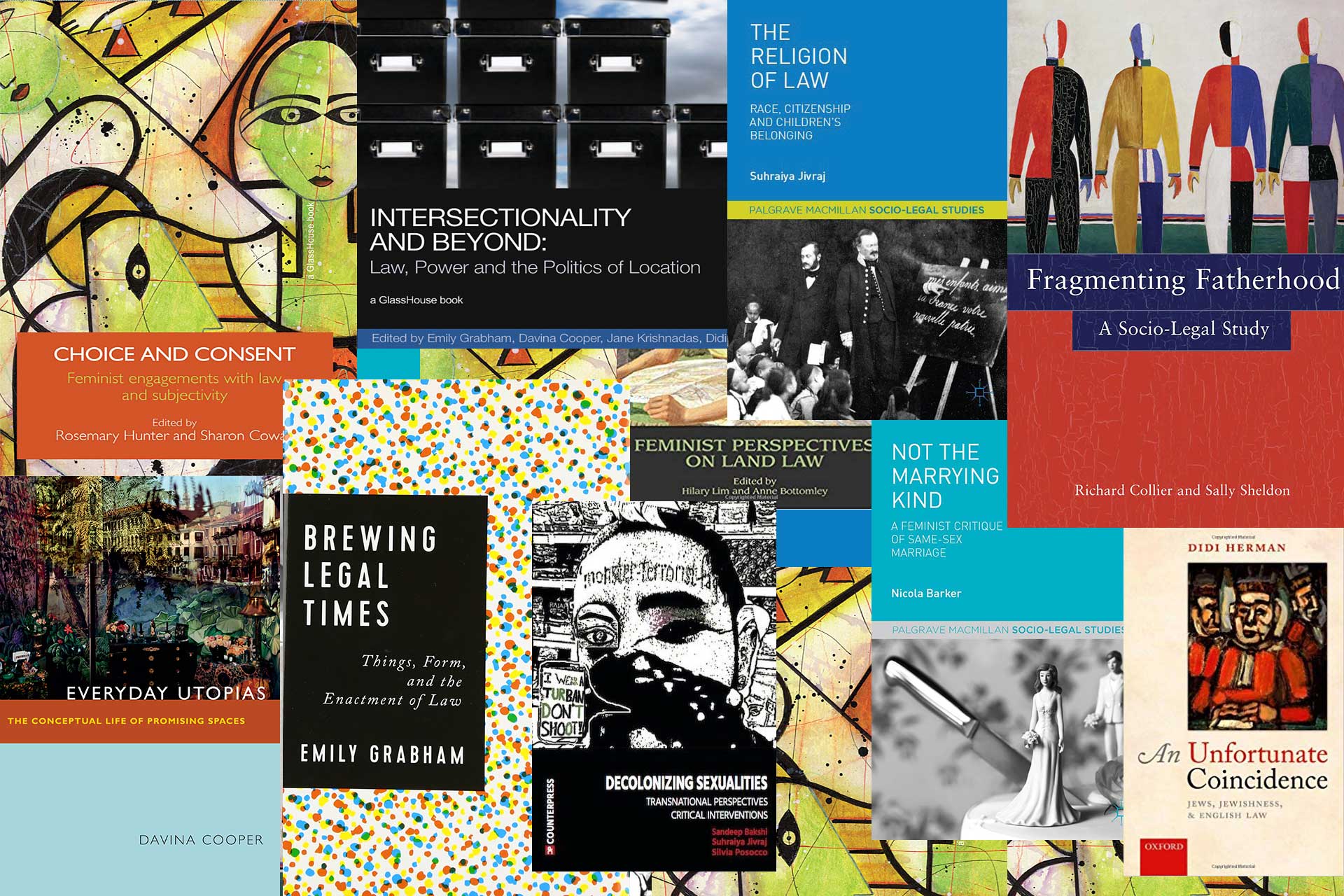Joint CCT and Centre SeRGJ seminar
In this seminar, I will outline research that I have conducted (with Professor Kim Rubenstein and Ann Genovese) for a recently completed project entitled ‘The Court as Archive: Rethinking the Institutional Role of Superior Courts of Record’.This project engages a unique investigation into the institutional purpose and civic responsibilities of courts through their archival role. While it has long been acknowledged that courts have constitutional and procedural duties to documents as a matter of law, this project asks what obligations courts have to care for those materials in a way that understands their public meaning and public value for the communities they serve, in the past, in the present and for the future. Located at the Federal Court of Australia, the project set out to interpret and clarify the unique role of this court as a site of production of significant national archives as a result of its particular jurisdiction, including native title, human rights and migration. The project resulted in the recent publication of an edited collection called The Court as Archive (ANU Press, 2019): https://press.anu.edu.au/publications/court-archive.This project joins contemporary scholarly interest in, and interventions into, how archives are perceived and used, making visible and scrutinising the 19th century presumption that state archives exist to sustain and promulgate a particular account of history as that of the ‘nation’. In settler colonial contexts such as Australia and Canada, this scrutiny and rethinking of archives has been driven by Indigenous critique and has been a catalyst for moves towards decolonisation of settler colonial archives and has notably coalesced around legal and political responses to the history of the removal, institutionalisation and abuse of Indigenous children. In the second part of the seminar, I will outline research I have conducted into disputes that have arisen in Canada about destruction of legal archives produced for the purpose of assessing reparations for First Nations, Inuit and Métis people under the Indian Residential Schools Settlement Agreement (IRSSA). These disputes highlight Indigenous peoples’ mistrust of state and institutional legal archives, demands for control of archives and legal actions for destruction of records in the important and challenging process of decolonising settler colonial archives. Dr Trish Luker is a senior lecturer in the Faculty of Law, University of Technology Sydney. Her research focuses on analysis of legal decision-making, court processes and evidentiary assessment, drawing on approaches in the humanities, particularly theories of documentation, settler-colonialism and feminism. She is co-editor of three collections, The Court as Archive(ANU Press, 2019) (with Ann Genovese and Kim Rubenstein), Evidence and the Archive: Ethics, Aesthetics, and Emotion (Routledge, 2017) (with Katherine Biber) and Australian Feminist Judgments: Righting and Rewriting Law (Hart Publishing, 2014) (with Heather Douglas, Francesca Bartlett and Rosemary Hunter).
